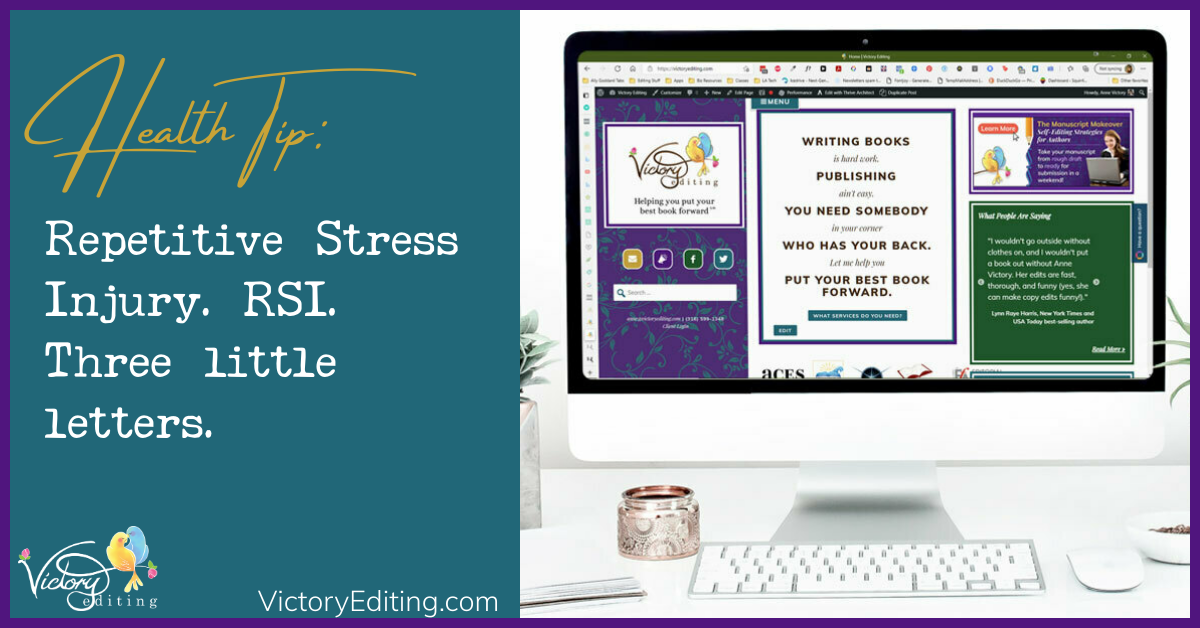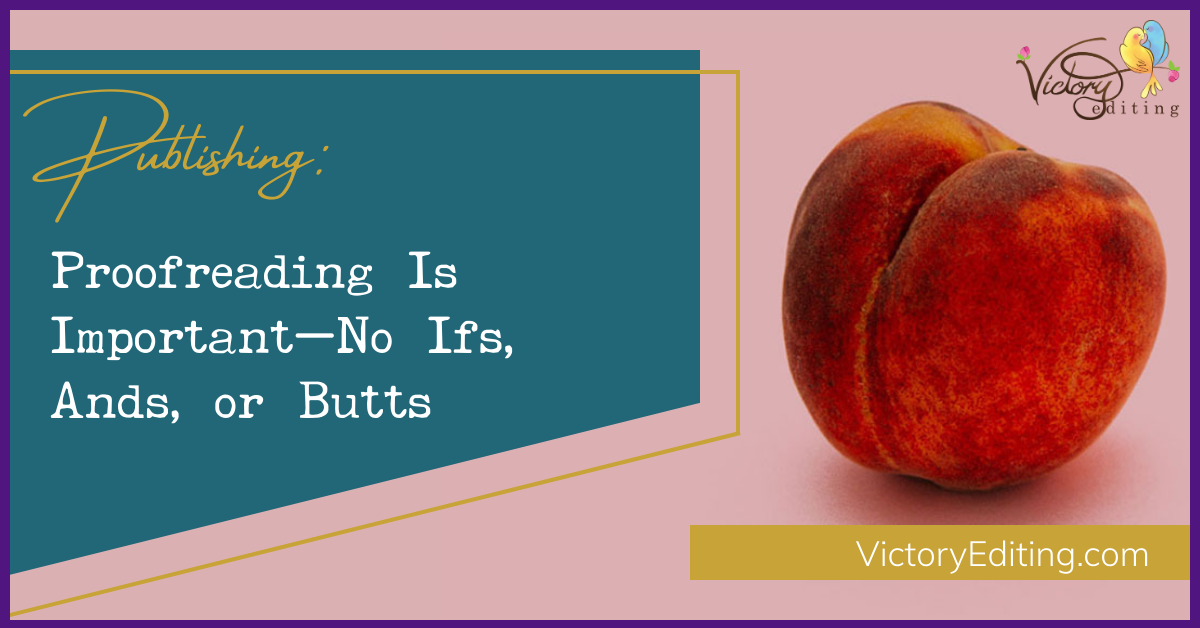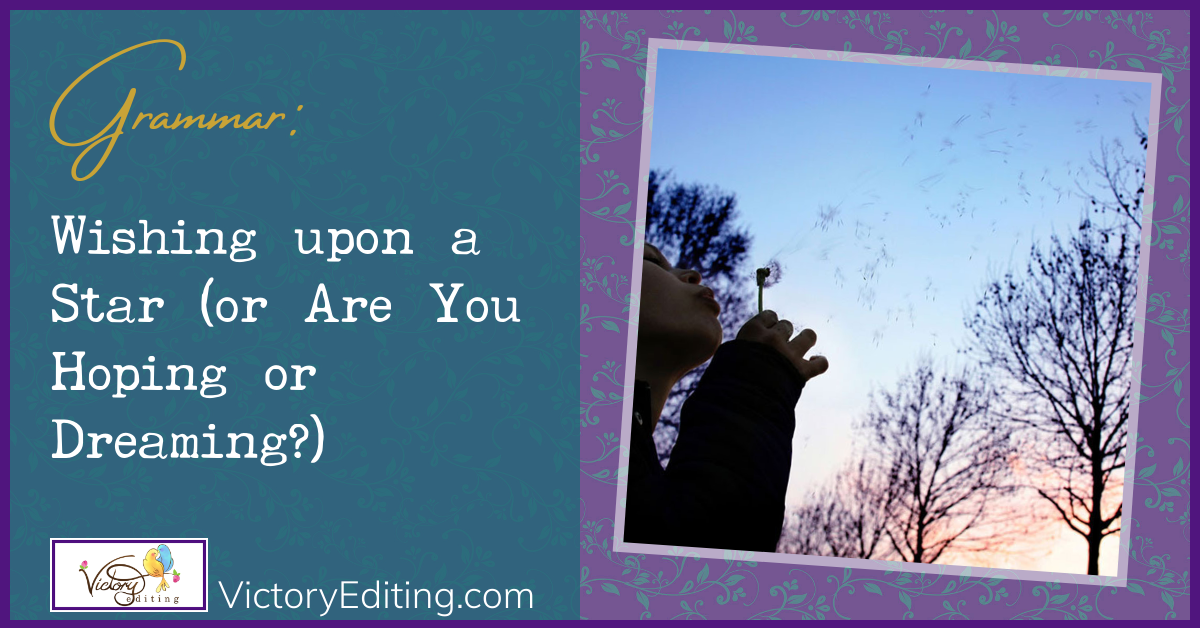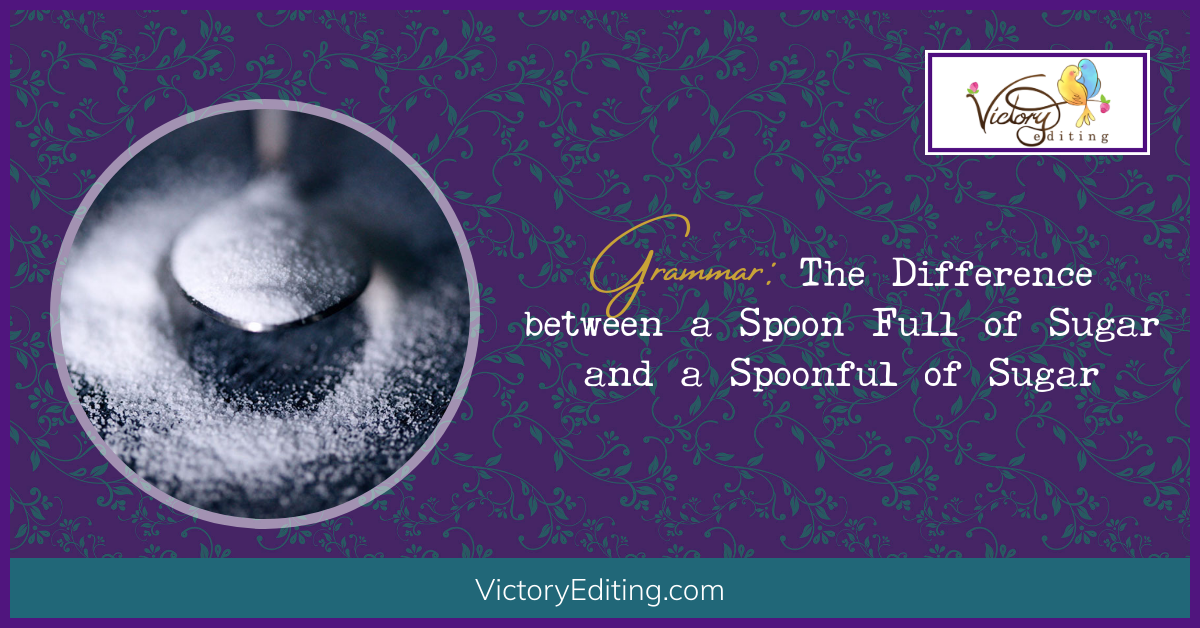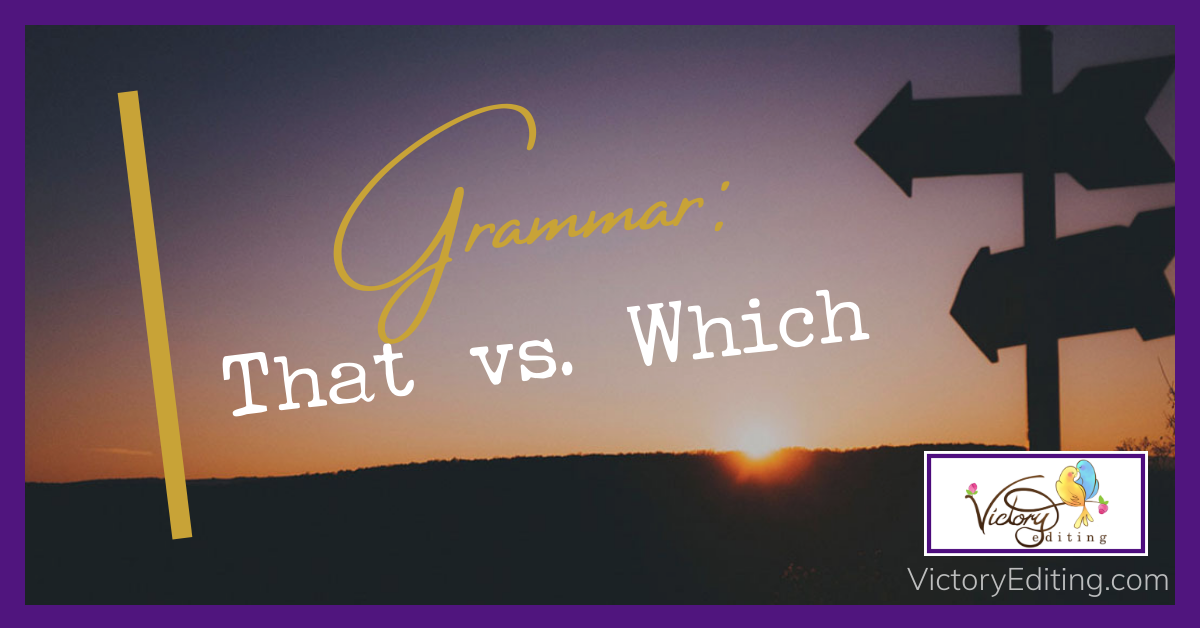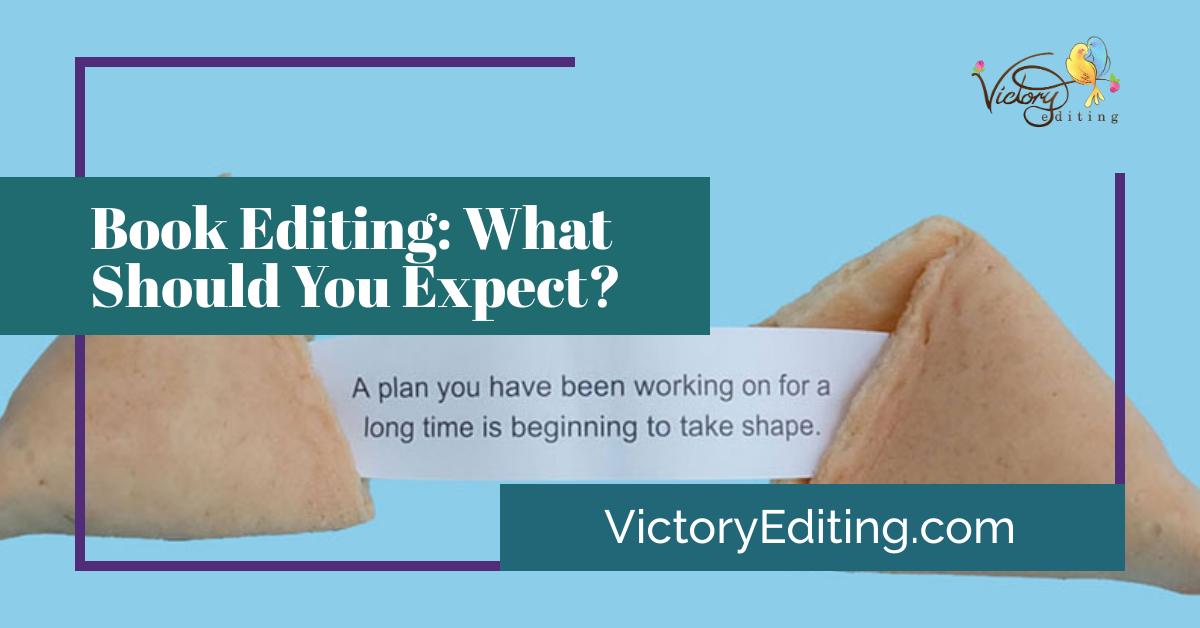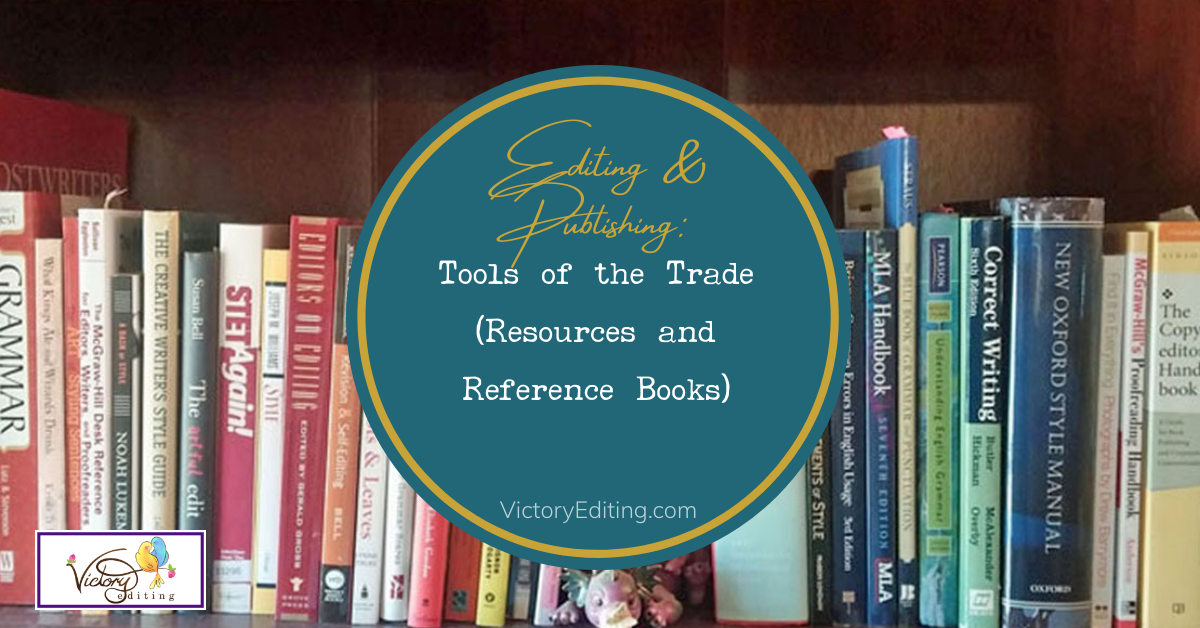You’ve heard that old saw about not putting all your eggs in one basket, yeah? I mean, it makes perfect sense. You don’t want to build your plans on one contingency and then be left high and dry if things change. That’s especially true if those “things” are outside your control. And that includes the […]
Read More »Category: Articles
Repetitive Stress Injury. RSI. Three little letters.
But for authors and freelancers like us, who make their living on a keyboard, that’s like a quarterback blowing out his knee. Only most of us don’t have a multimillion-dollar paycheck that allows us to build up some cush. And let’s get real—there are lots of nebulous what-ifs out there that give us solopreneurs chills. […]
Read More »Proofreading Is Important—No Ifs, Ands, or Butts
A clever play on words can draw attention in a good way, but you don’t want anything to detract from your story. And nothing can yank a discerning reader out of a book quicker than heaving beasts or the flow of hair through fabric.
Read More »Tips for Writers: How to Develop Your Author’s Voice in Three Easy Steps
Voice. Authors have to cultivate it—it’s one of the major things that builds reader loyalty, especially in a saturated market. But what exactly do people mean when they talk about an author’s voice, usually in statements like these:
Read More »Grammar: Wishing upon a Star (or Are You Hoping or Dreaming?)
On my way into town this morning, a song came on the radio and part of the lyrics were “everything I’ve dreamed for.” I also recently heard that phrase on The Voice. And what’s wrong with that? We all have hopes and dreams. But you don’t dream for things. You hope for an outcome, you wish for […]
Read More »Grammar: Is It Changing Tack or Changing Tact?
Whatever your character is doing isn’t working. Time to change tactics. There’s also a similar phrase—to change tack. But the two words—tack and tactic—are actually not related. Tacking is what sailors do with sails in order to take advantage of the wind. So when used idiomatically, the phrase means you (or your character) are adjusting […]
Read More »Grammar: The Difference between a Spoon Full of Sugar and a Spoonful of Sugar
You may be wondering if there’s a difference between a spoonful of sugar or a spoon full of sugar. The same applies to roomful, forkful, and numerous other words. And the answer is yes! A roomful of people is a measurement, albeit an imprecise one. It’s how many people it takes to fill a room […]
Read More »Grammar: That vs. Which
Grammar: Commas with Relative Clauses That versus which perplexes a lot of people. First things first—let’s talk about restrictive versus nonrestrictive clauses. A relative clause is said to be restrictive if it provides information that is essential to the sentence. In these cases, that is the word you’ll want to use. Let’s take a look at some […]
Read More »Book Editing: What Should You Expect?
If you’re new to self-publishing, you might not know exactly what to expect as you go through the editing and production process. This is true even if you’re a veteran coming over from traditional publishing. It’s a lot different when you’re the project lead and need to make arrangements for every stage of revisions and […]
Read More »Editing & Publishing: Tools of the Trade (Resources and Reference Books)
You may have wondered about the tools editors use. A dictionary is probably the first thing that comes to mind. But which one? A grammar book, probably. Although, again, which one? There are tons of books out there for just about every grammatical and craft question you can imagine. But there are two main references […]
Read More »

